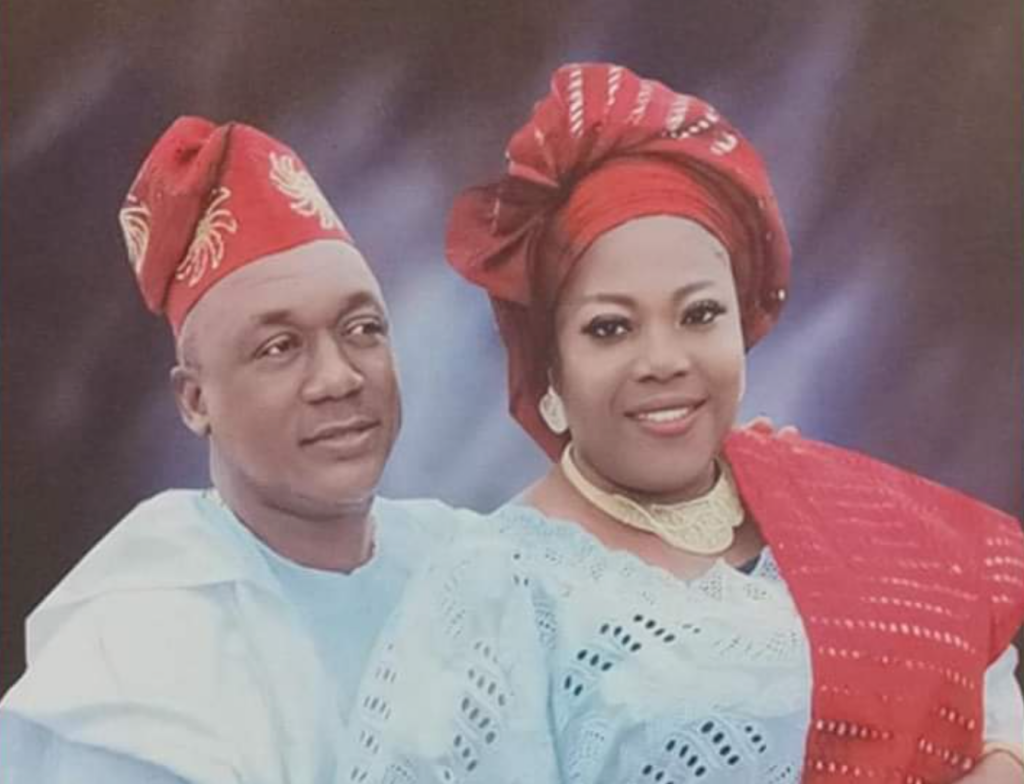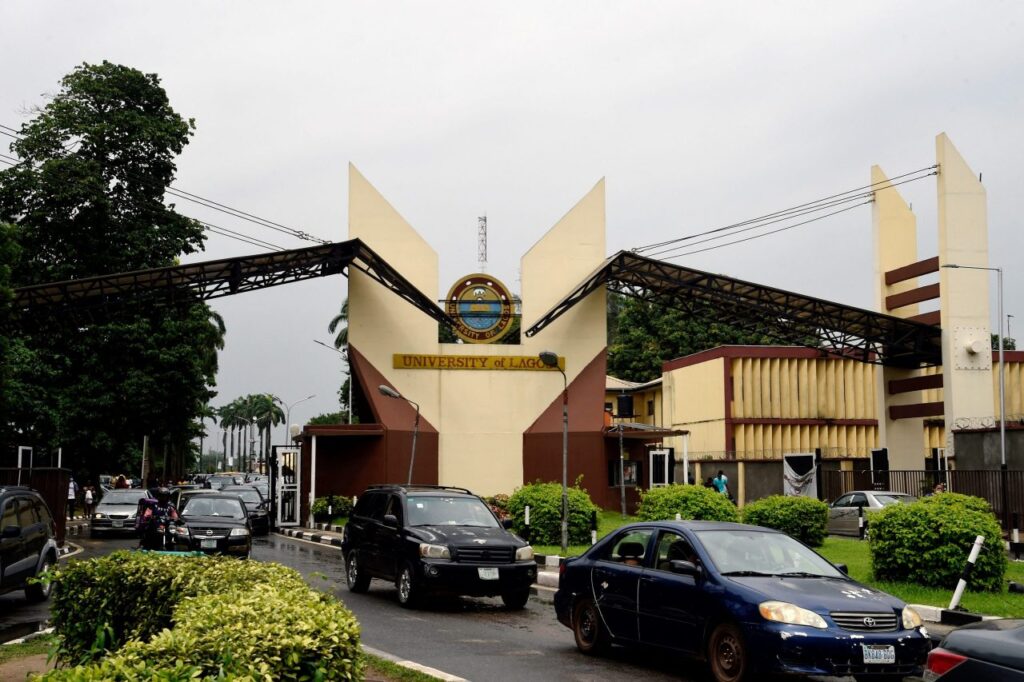
FORMER Minister of Interior, Abba Moro, is currently in the custody of the Economic and Financial Crimes Commission (EFCC), answering questions over the recruitment scandal, which led to the death of about 20 applicants in March 2014.
He is also being held for the N520 million compulsory level collected from the 520,000 candidates that applied for the 5,000 slots at the Nigeria Immigration Service (NIS).
Moro arrived at the EFCC headquarters in Abuja at 10.am and is yet to be released as at press time.
Calls made to the phone of EFCC spokesman, Wilson Uwujaren was unanswered, but a source at the commission informed The Guardian that the former minister is being questioned in connection to the recruitment exercise.
Ex-Comptroller-General of the Nigeria Immigration Service, David Parradang, was earlier interrogated over the matter in September, about a month after his dismissal as the NIS boss by President Muhammadu Buhari.
Meanwhile, the Chairman of EFCC, Ibrahim Lamorde, has debunked the allegation that suspects who are being investigated for alleged corrupt practices by the Commission are made to give their statements under duress.
He said the state-of-the-art recording facilities in the EFCC interrogation rooms would not allow any interrogator to humiliate a suspect.
Speaking in his office on Monday, during a visit by two officials of Amnesty International (AI), he said: “The EFCC follows the rule of law. Our statements are recorded and are not taken under duress. Our rooms have cameras in them, so it is not possible to humiliate anyone.”
Lamorde, who expressed gratitude to the AI team for opening an office in Abuja, also described corruption as the worst type of human rights abuse, adding that Amnesty International must continue to lend its voice to the anti-corruption war in Nigeria.
According to him, “Western countries must end the impoverisation of developing countries. They must reject and return stolen funds, so that respective governments of the affected developing countries could use the money to better the lives of the poor in their countries. It is the common wealth of the people that has been diverted for private use. So, it is the worst form of human rights abuse. When corruption and impunity become the order of the day, human rights abuses flourish.
“When you consider the cause of water-borne diseases suffered by people in rural areas, it is because someone has diverted the funds meant for pipe borne water in those areas. Also, when you consider the fact that our hospitals lack the basic amenities, it is because some people have kept the funds allocated to the hospitals to themselves. I, therefore, urge you to consider partnering with the EFCC,” he said.
In his remark, Mr. Colm O Cuanachain, Senior Director, Office of the Secretary General of Amnesty International, said that only nations that take anti-corruption war seriously would experience “phenomenal growth.”
Cuanachain, who further expressed the readiness of AI to partner EFCC, also talked about the activities of the global body in the North-Eastern part of Nigeria, the Niger Delta and Port Harcourt, Rivers State, where he said corruption had contributed to human rights violation.






